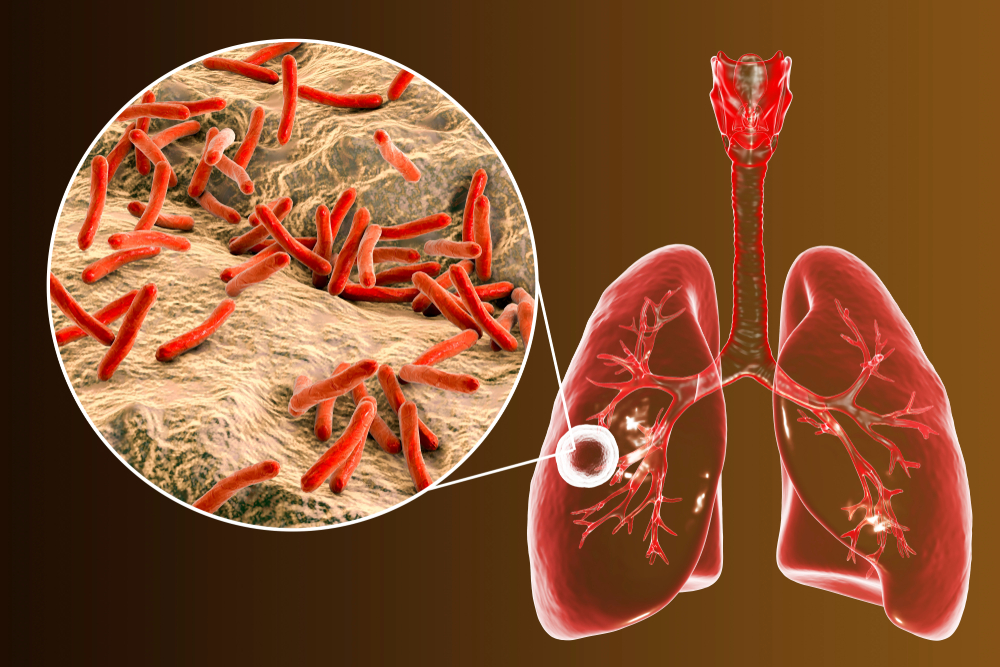WORDS DR GAN TECK SHENG
 FEATURED EXPERT FEATURED EXPERTDR GAN TECK SHENG Consultant Dermatologist Tung Shin Hospital |
The stakes are high when it comes to diabetes management.
High blood sugar is not just a number; it affects various bodily components, including your skin.
For many, a skin problem serves as an early warning sign of diabetes. Those elevated glucose levels are often the culprits behind the dry, itchy skin.
But here is the lifestyle twist–many individuals living with diabetes are not aware of the vital role that proper skin care plays. It is not just about administering insulin and watching your diet; it is about a comprehensive approach to well-being that includes your skin.
GENERAL SKIN CARE
Use gentle cleanser when bathing or showering.
- Avoid bar soaps as they strip away natural oils and disrupt skin barrier function.
- Also avoid cleansers that contain perfumes and harsh detergents as they may cause irritation and redness to the skin. Instead, use gentle cleansers to help maintain hydration and prevent skin dryness.
Bathe or shower the right way.
- Use lukewarm water as hot water strips away natural oils and damages the skin.
- Keep your baths or showers short, ideally no longer than 10 minutes.
Dry your skin carefully.
- After a bath or shower, dry your skin with gentle pats.
- Remember to dry the skin between your toes, armpits and other skin folds. Intertrigo—rashes and inflammation caused by skin-to-skin friction—occurs more easily in warm moist environments.
Apply moisturizer every day.
- Keep your skin moisturized and prevent cracks that lead to infection.
- Pick a hypoallergenic, fragrance-free moisturizing cream or ointment.
- Apply after bathing or when your skin is dry or itchy.
FOOT CARE
Check your feet daily.
- First, dry your feet carefully.
- Make sure to check between your toes and your feet for rashes, cuts, sores, or any other changes to the skin.
- Use a mirror if you cannot see your soles.
Wear shoes that fit well.
- Always wear shoes and socks to avoid injury.
- Wear closed, well-fitting shoes with cushioned sole.
- Check if there is any object or pebble inside your shoes before putting them on.
Treat dry, cracked heels.
- Apply urea cream on dry, cracked hills every day before getting into bed. This will help in preventing the development of non-healing sores and serious skin infections.
Take care of your toenails.
- Keep your toenails short and trim them straight across.
- Gently smooth any sharp edges with a nail file.
- Do not let the sides of your toenails grow into the skin.
See a doctor for treatment of corns and calluses on your feet.
- Do not remove corns or calluses with sharp objects. Any skin injury on the feet may increase the risk of ulcers and infection, especially patients with diabetic neuropathy.
- Be cautious when using over-the-counter products, as these products may irritate your skin.
Treat all wounds immediately.
- Wash wounds with antiseptic and water.
- Only apply antibiotic cream if recommended by your doctor.
- Cover the wound with an adhesive bandage.
- Perform daily dressing to help your skin heal.
| SEE A DOCTOR IF YOU EXPERIENCE ANY OF THE FOLLOWING |
|







